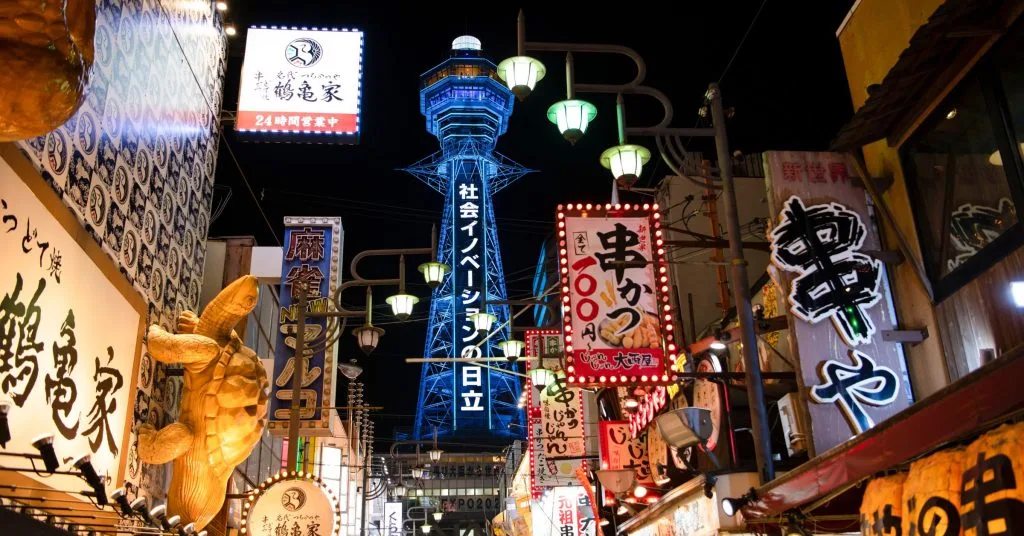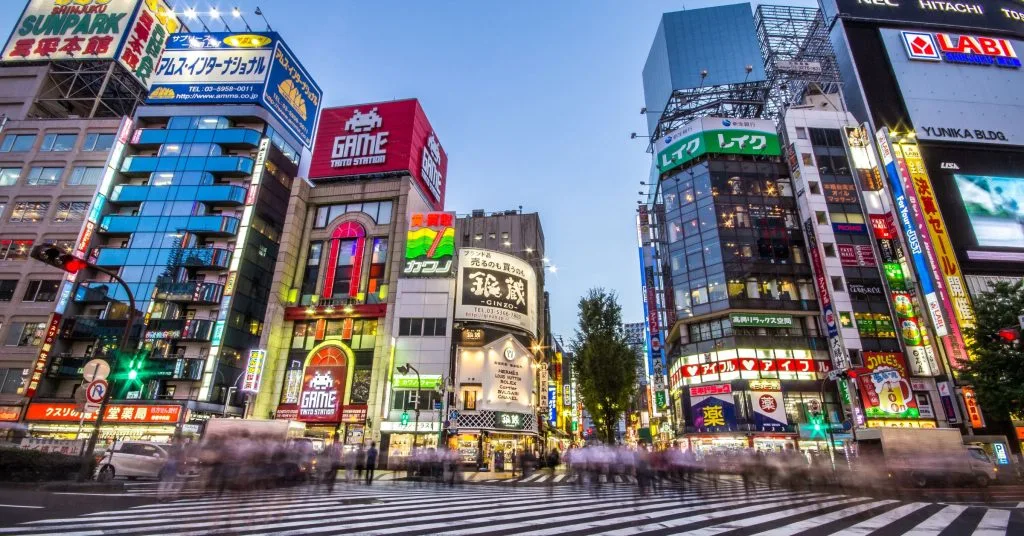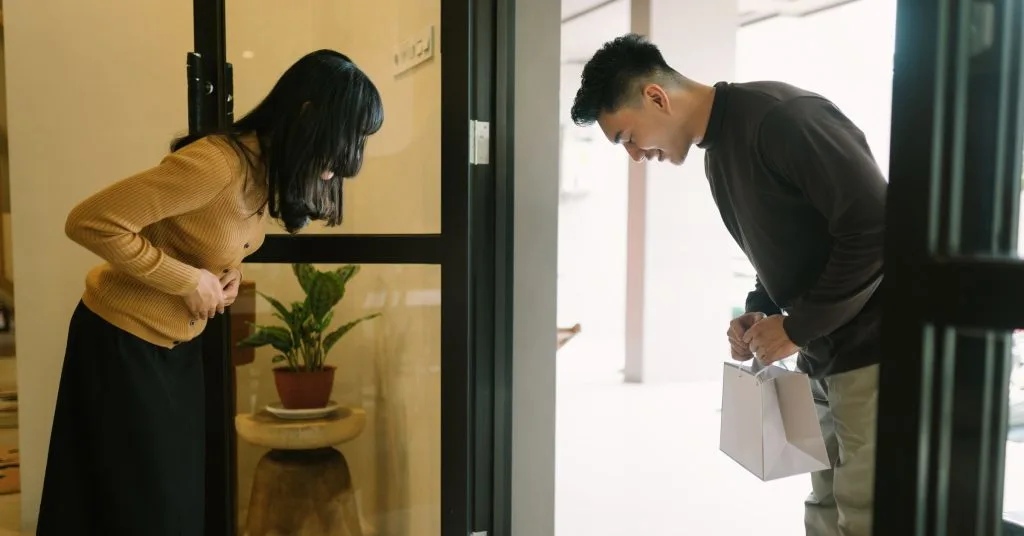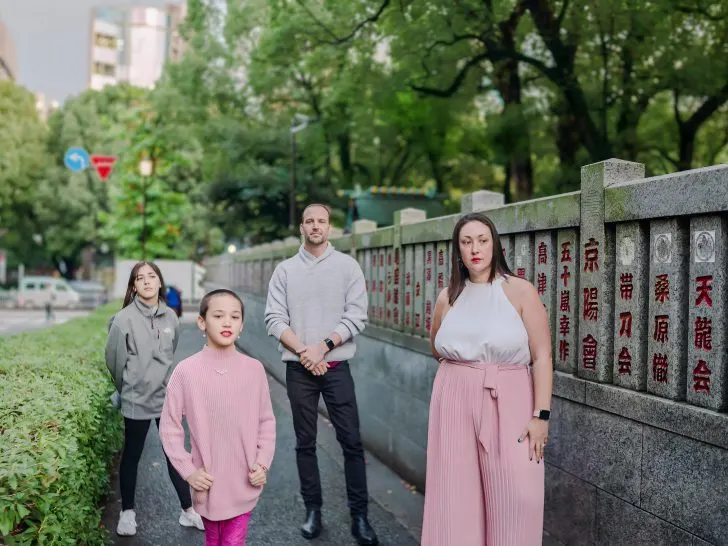When we first moved to Japan my daughters were 8 and 10 years old. Coming from a country with extreme gun violence and previously living in a developing country had my mom radar on high alert. So naturally I wondered, is Japan a safe place to live?
At this point my family has lived in Tokyo for two years and I have a lot of thoughts about safety and the myths of conditions in Japan.
By the metrics Japan is one of the safest places on Earth. You are never far from a police box and Japanese people follow many collectivist society practices. But, from groping incidents on crowded trains to seedy nightlife crimes ranging from petty theft to rape it’s hard to pretend these things aren’t happening.
I am by no means trying to scare anyone away from coming to Japan. Come for the natural beauty and follow the influencers suggestion to eat dinner at convenience stores. Foreign tourists with young children or even those visiting as a solo traveler should not be nervous, but you should be aware.
Skip to:

Why Japan Is Considered Safe
When you think about visiting or moving to a new country, safety is undoubtedly one of your top concerns. Japan, renowned for its low crime rate, might seem like the sanctuary you’re searching for. Cities like Tokyo and Osaka are usually seen at the top of lists for the safest cities. Japan as a whole consistently ranks as one of the world’s safest countries.
Reliable Safety Metrics
Japan’s place as a safe country stretches beyond just crime statistics. The Global Peace Index often lists it among the safest countries worldwide. This metric indicates a high level of security and low likelihood of violent crimes. It’s a country where the feeling of safety can be witnessed through residents comfortably using public spaces without apparent fear.
Public Confidence
The sense of security is bolstered by visible policing and community-based measures. This ensure the lowest crime rates compared to many other nations. When questioning is Japan a safe place to live, it’s the safe Japan practices, such as secure ATM locations within banks and lack of public trash cans (more on that later), that contribute to residents peace of mind. Japan’s commitment to safety is evident in daily life, making it a top choice for a secure lifestyle.
Japanese Culture and Safety
When you consider relocating to a new country, safety is often a top priority. If you’re wondering, Is Japan a safe place to live? you’ll find that the cultural norms play a significant role in the country’s safety record. Japanese society holds respect and consideration for others in high regard, which translates into low crime rates in Japanese cities.
In Japan, common courtesy isn’t just common knowledge, it’s a deeply ingrained value that influences behavior.
Politeness Goes the Opposite Way
I come from the United States, so let me start by quickly explaining what we consider politeness and courtsey in America. We are being polite when we defer ourselves for the benefit of others comfort or enjoyment. For example it would be polite in America to ensure a woman with a baby could have a safe place to stand in a crowded space or ensure we are not in the way of a running club about to pass on the sidewalk.
In Japan the politeness goes the opposite way. It is polite pretend not to noice when others are being rude. On a two lane road if someone is pulled over for the entire day watching television and blocking the lane, not one person will honk. On a bus a salary man will sit on the outside of a two seat space with their eyes closed preventing elderly people and women with children from accessing the seat. Nobody says anything to the rudeness of others.
?How Politeness Relates to Safety
I explain that politeness behavior because it affects the safety of Japanese women in particular. There have been numerous occasions where my children and I have intervened as Japanese men have been harassing women in various places. The Japanese women are too polite to tell these creeps to buzz off or simply walk away.
As foreign women Japan it is, in my opinion the safest country. The same cannot be said for the women taught to not have a voice or pay attention to their own safety.
Does that make sense?
Japanese women have their own lack of situational awareness used against them in numerous ways. They are tricked into becoming indebted to pimps and end up working as indentured slaves in host cafes or the porn industry. Rape and domestic violence goes unreported because of shame and lack of authority for a police officer to intervene.
There is a much higher crime rate in some respects than you would realize from looking at the data.

Japan’s Crime Statistics’ Safety in Numbers
When considering if Japan is a safe place to live, it can be useful to look at the country’s crime statistics. Japan has exceptionally low crime rates, especially when it comes to violent offenses. For instance, its homicide rate is notably low, with the figure standing at a mere 0.31 incidents per 100,000 inhabitants, distinguishing Japan as a country with one of the fewest homicides globally.
Crimes Without Direct Contact
One of the main reasons person to person crime is low is because society in general is pretty non-confrontational. Remember when I mentioned that residents feel safer because there are no public trash cans? That is because sometime last century there was a string of bombings that took place in public trash cans.
I found it difficult to track down wholistic statistics on crimes like poisoning, but anecdotally I hear of these cases regularly. Just two months ago there were parents arrested for poisoning their 4 year old. Famous cases include poisoning food at community events, laced sodas in numerous vending machine, and jilted lovers using poison to punish their partners.
Violent and Property Crimes
Violent crimes like assault are supposedly rare, and the same goes for property crimes, including burglary and theft. Japan’s approach to crime prevention is all pomp and circumstance. Instead of solving imminent problems they are eager to fill out paperwork and ask pointless questions.
Reported Crimes and Clearance Rate
You might find it reassuring that Japan maintains a high clearance rate, meaning a high percentage of reported crimes get solved. The police are efficient in dealing with petty crimes including bicycle theft, which is one of the more common complaints. The clearance rate for offenses gets a lot of media coverage because tourists will share online about getting items lost in a train station returned.
Sexual Assault
Cases of sexual assault are handled with widespread public campaigns aimed at prevention and awareness. However the lack of criminal accountability for both aggravated and statutory cases has lead to recent changes in the law. Just last year they increased the age of sexual consent in Japan from 13 to 16.
In recent years there have been highly publicized cases of government officials, celebrities, and wealthy business men which have all gone un-prosecuted based on the victims not yelling for help loud enough or fighting back hard enough. Seriously, that’s the standard.
The Japanese value not being bothersome. And unfortunately this mentality leads women to not “fight back” even during their own rape. I say that very loosely because their standard is really insane. Unless you manage to break your attackers arm or something similar than you don’t have a case in Japan.

Experiences with Public Safety
When considering if Japan is a safe place to live, you’ll be looking at both the sense of personal security in your day-to-day activities and how well you can manage potential natural risks.
Personal Security in Everyday Life
In Japan, your sense of safety is often reinforced by the visible presence of police officers and police boxes, known as “koban,” which are small police stations located throughout cities and towns. You’ll find that vending machines are left unmolested in public areas, a testament to the public order and low crime rates.
Taking public transportation, such as a train or a bus, often feels secure, even late at night. And because Japanese society recognized that men are committing crimes against women on trains, it is now common to find women only cars for your added comfort.
Managing Risks of Natural Disasters
Japan sits on several tectonic plates, making it prone to natural disasters such as earthquakes and volcanic eruptions. Despite this, Japan has developed comprehensive disaster relief measures and safety tips are widely disseminated to prepare you for emergencies. With heavy rains and other weather-related events posing threats, your security lies in adhering to common sense precautions and using the extensive information and support systems provided by local authorities.
Common Sense and Safety Tips
When considering if Japan is a safe place to live, it’s essential to apply common sense. Like anywhere else, Japan has basic rules for safety that can help you avoid unnecessary risks. Here’s a straightforward guide to ensure your stay is secure and enjoyable.

Rush Hour Crowds
During rush hour, trains and stations can get incredibly crowded, so be mindful of personal space and belongings. It’s a good idea to keep your valuables in inner pockets of your bag or coat. Make sure your breasts are covered and be vigilant about creeps snapping photos up your skirt.
Safety Measures at Home
Adopt crime prevention tactics similar to those in your home country. Ensure doors and windows have secure locks, and consider an alarm system if living in an individual house.
- Be Vigilant: Stay alert in busy areas, especially at night.
- Learn Basic Phrases: Knowing how to ask for help in Japanese can be invaluable.
Personal Safety Tips
For safe travel, don’t flaunt expensive items openly. Respect locals’ personal space, and be aware of emergency contact numbers. Keep a copy of important documents separately from the originals.
In essence, using your common sense and following these safety tips will contribute to your well-being while living in Japan. Remember, safety is a shared responsibility, and being proactive about your security will augment the country’s existing safety measures.
Navigating Safety and Etiquette in Japanese Society
Understand the unique aspects of Japanese etiquette and public behavior that contribute to the country’s safety. Learn how the principles of respect and order in Japanese society not only make Japan a safe place to live but also shape daily interactions and social conduct.

Embracing Serenity and Security in Japan
Safety in Japan
When considering a move to a new country, your safety is paramount. Japan extensively implements safety measures, ensuring it remains a safe haven for its residents and visitors alike. This commitment to safety makes Japan not only a popular tourist destination but also a relatively secure living environment for expatriates and locals.
Peaceful Reputation
Statistically, Japan is lauded for its low crime rate, placing it as a sought-after safe destination. Your feeling of safety is bolstered by the overall peacefulness and the prevalence of safety measures throughout the country. Choosing Japan for your home promises a generally safe option, contributing to a stress-free experience.
Cultural Meld and Respect
Despite its bustling cities, Japan maintains a notable sense of order and respect, which contributes to the overall sense of security. You’ll find that being an easy target for crime is less likely here. Whether you’re planning a safe trip or looking to settle down, the respect ingrained in Japanese society stands as a testament to why Japan is a great place to live.



Leave a comment